The Japanese government announced an ambitious financial support plan on November 2 to boost the country's semiconductor industry.
 |
| Japan's Rapidus estimates it will need more than $30 billion to achieve its goal of mass producing advanced chips by 2027. (Source: asia.nikkei) |
The financing scheme will leverage assets such as shares in Nippon Telegraph and Telephone (NTT) to fund a multi-year programme aimed at encouraging private sector investment and ensuring sustainable growth for the industry.
The support program does not stop at providing subsidies, but rather adopts a multi-phase approach. In the first phase, semiconductor manufacturers will receive subsidies while they are preparing for mass production. Once production milestones are reached, the government will switch to other forms of support such as investment and financial guarantees for the private sector, continuing until around 2030.
The program will target semiconductor manufacturers such as Rapidus, which aims to begin mass production of advanced semiconductors in 2027, and Taiwan Semiconductor Manufacturing Co. (TSMC), which has a manufacturing plant in Kumamoto Prefecture. The main goal is to encourage investment from the private sector while reducing the financial burden on taxpayers.
Notably, the program will be funded through a special account, separate from the main budget, to ensure it does not affect Japan's financial balance, with the goal of returning to profitability by fiscal 2025. Funding will be provided through bridge bonds, with funds coming from dividends from the government's stakes in NTT and Japan Tobacco, as well as from the sale of shares exceeding the statutory minimum holding.
Rapidus is expected to need a total of 5 trillion yen (about $33 billion) to complete its mass production target by 2027, which will require an additional 4 trillion yen in funding on top of existing government support.
The program marks a shift in Japan’s approach to the semiconductor industry, moving away from direct cash injections through subsidies and toward a more predictable, long-term plan for private investors. New forms of funding, such as loans and investments, will see money returned through interest and dividends, creating a more sustainable financial model for the industry.
Source: https://baoquocte.vn/nhat-ban-trien-khai-ke-hoach-ho-tro-nganh-cong-nghiep-ban-dan-292389.html


![[Photo] General Secretary To Lam and his wife begin their official visit to Bulgaria](https://vphoto.vietnam.vn/thumb/1200x675/vietnam/resource/IMAGE/2025/10/23/1761174468226_tbtpn5-jpg.webp)
![[Photo] Award Ceremony of the Political Contest on Protecting the Party's Ideological Foundation](https://vphoto.vietnam.vn/thumb/1200x675/vietnam/resource/IMAGE/2025/10/22/1761151665557_giaia-jpg.webp)
![[Photo] Comrade Nguyen Duy Ngoc visited and worked at SITRA Innovation Fund and ICEYE Space Technology Company](https://vphoto.vietnam.vn/thumb/1200x675/vietnam/resource/IMAGE/2025/10/23/1761174470916_dcngoc1-jpg.webp)
![[Photo] Da Nang: Shock forces protect people's lives and property from natural disasters](https://vphoto.vietnam.vn/thumb/1200x675/vietnam/resource/IMAGE/2025/10/22/1761145662726_ndo_tr_z7144555003331-7912dd3d47479764c3df11043a705f22-3095-jpg.webp)

![[Photo] Prime Minister Pham Minh Chinh chairs meeting on nuclear power plant construction](https://vphoto.vietnam.vn/thumb/1200x675/vietnam/resource/IMAGE/2025/10/22/1761137852450_dsc-9299-jpg.webp)
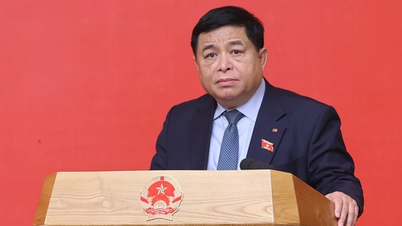

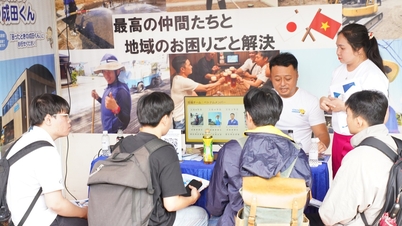

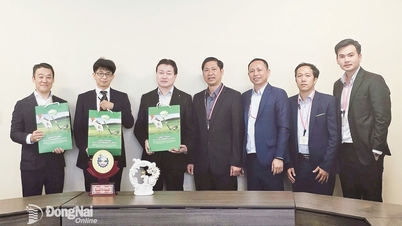












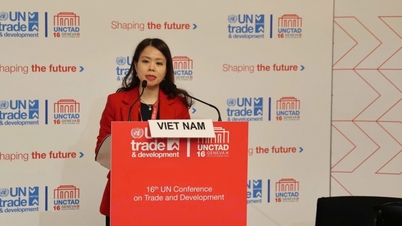









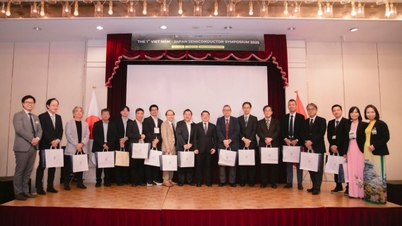






















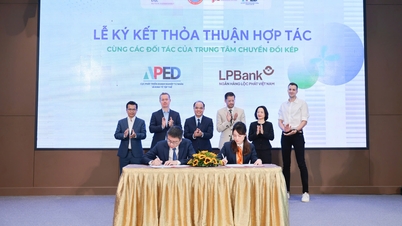






















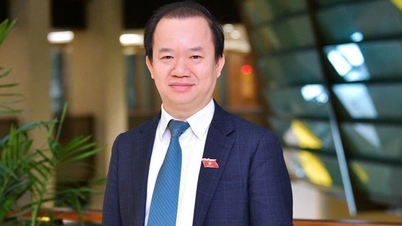

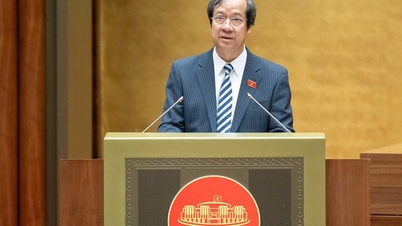

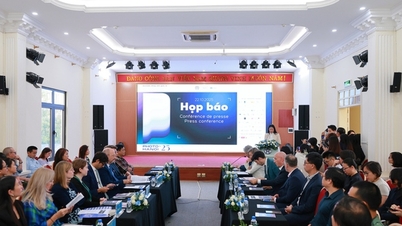

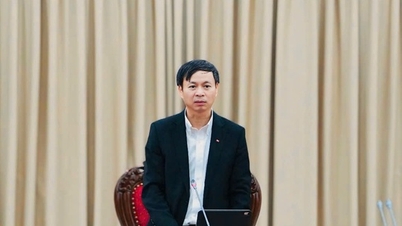




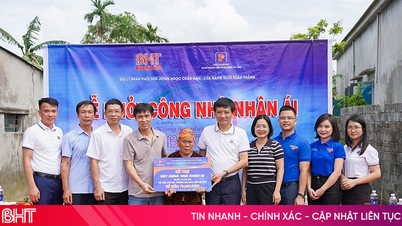




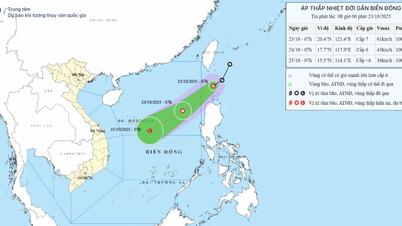














Comment (0)